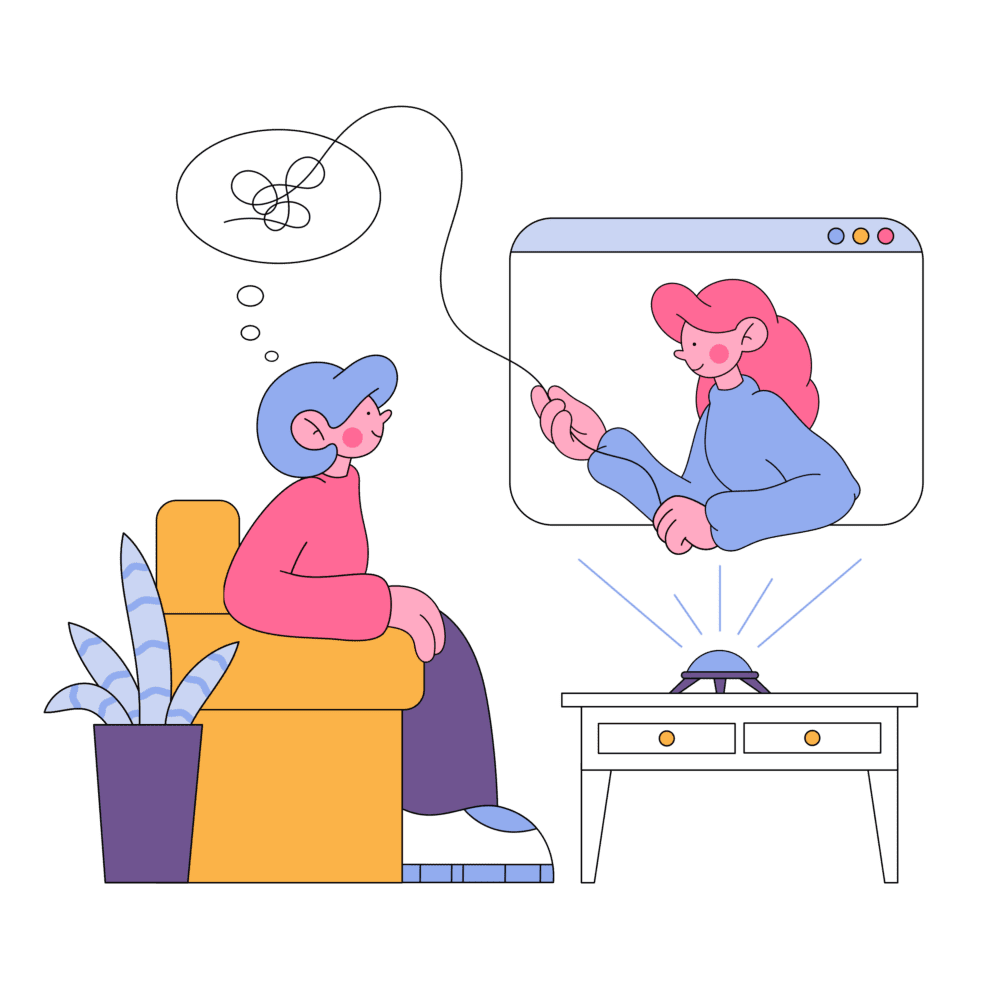The therapeutic relationship between a therapist and their client is at the core of effective therapy. Therapists, as trained professionals, approach their clients with empathy, respect, and a non-judgmental attitude. Understanding how therapists perceive their clients and whether these opinions influence therapy outcomes is a complex and intriguing topic that sheds light on the dynamics… Continue reading
Category Therapy
How Long Should Therapy Last?
Therapy is a tool for individuals grappling with various emotional, psychological, and behavioural challenges. There are many schools of therapy. However, as people on their therapy journey, a common question often arises: How long should therapy last? In this article, we explore the factors that influence the duration of therapy and shed light on the… Continue reading
The Strange Situation Experiment: Unraveling the Dynamics of Attachment
The “Strange Situation” experiment is a landmark study conducted by psychologist Mary Ainsworth in the 1960s. This research method has been instrumental in understanding the connection between children and their caregivers, shedding light on the various attachment styles and their implications for later relationships. The Setup The Strange Situation experiment involves observing the behavior of… Continue reading
The Minnesota Starvation Experiment and Its Implications on Eating Disorders
In the aftermath of World War II, a groundbreaking study was conducted. This study not only sheds light on starvation’s physical and psychological effects. It also significantly contributed to our understanding of modern eating disorders. The Minnesota Starvation Experiment was conducted from 1944 to 1945. It has had a profound impact on how we perceive… Continue reading
Schema Therapy: the Roots, Effectiveness, Concepts, and Main Techniques
Schema Therapy is a holistic approach that delves deep into longstanding patterns and ingrained emotional themes. This article explores the history, effectiveness, core concepts, and main techniques of Schema Therapy, shedding light on its profound impact on individuals’ lives. History of Schema Therapy Schema Therapy was developed by Dr. Jeffrey E. Young in the 1980s… Continue reading
Do Therapists Give Advice? Should They?
The role of a therapist is often misunderstood and can be the subject of much speculation. One common question is about therapist’ advice to their clients. This topic is important to address, as it delves into the boundaries and ethics of therapy. In this article, we will explore the nature of therapy, the responsibilities of… Continue reading
Understanding Dysthymia The Subtle Struggle of Persistent Depressive Disorder
Dysthymia, also known as Persistent Depressive Disorder (PDD), is a mental health condition characterized by a chronic, low-level depression that lasts for at least two years in adults and one year in children and adolescents. Despite its pervasive nature, dysthymia often goes unnoticed or undiagnosed, leading to prolonged suffering for those affected. In this article,… Continue reading
Healing the Invisible Wounds: Understanding and Addressing Generational Trauma
Generational trauma, also known as ancestral or intergenerational trauma, is a concept that explores how trauma experienced by one generation can affect subsequent generations. This phenomenon has gained increasing recognition in recent years, shedding light on the deep-rooted impact of historical events and personal traumas on families and communities. In this article, we will delve… Continue reading
Limited Reparenting in Schema Therapy: Nurturing Emotional Healing
Schema Therapy, developed by Dr. Jeffrey E. Young, is an approach to psychotherapy that focuses on identifying and addressing negative patterns or schemas developed during childhood. Limited Reparenting is a fundamental concept within Schema Therapy. It aims to provide clients with the emotional nurturing and support they may have lacked in their formative years. This… Continue reading
Ehlers and Clark’s model of PTSD
Post-Traumatic Stress Disorder (PTSD) is a complex and debilitating mental health condition that can occur after exposure to a traumatic event. Researchers and clinicians have long sought to understand the intricate mechanisms underlying PTSD. In the pursuit of this knowledge, Anke Ehlers and David M. Clark, prominent clinical psychologists, developed a comprehensive model of PTSD… Continue reading










